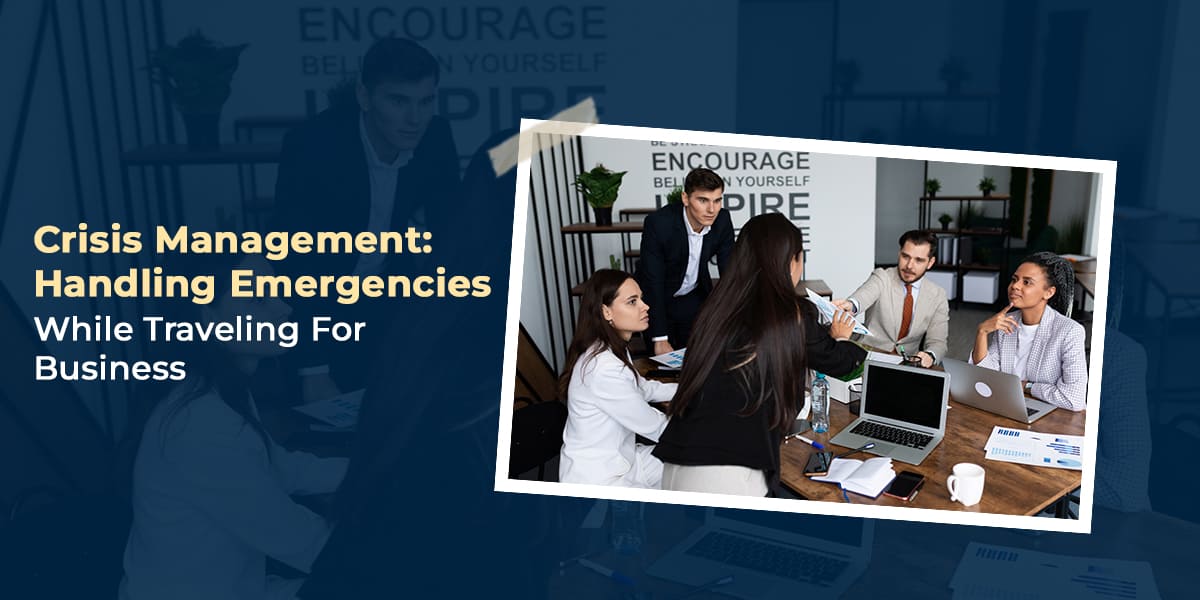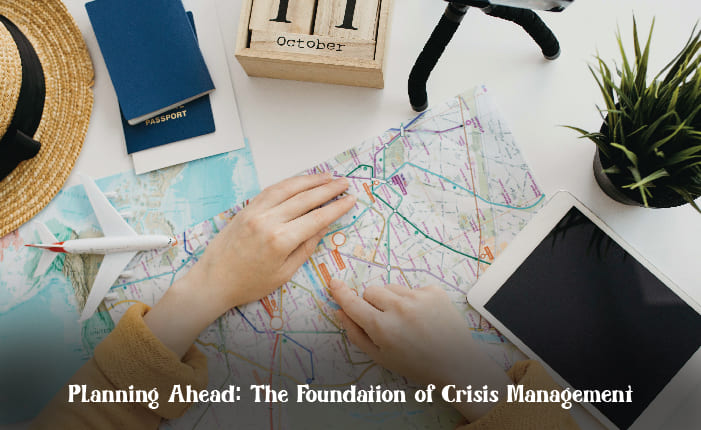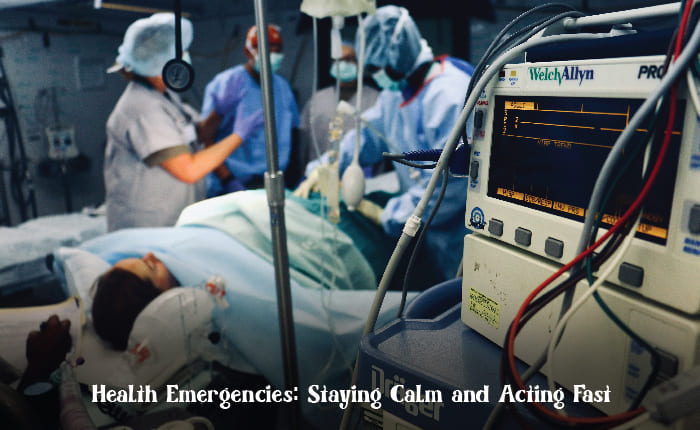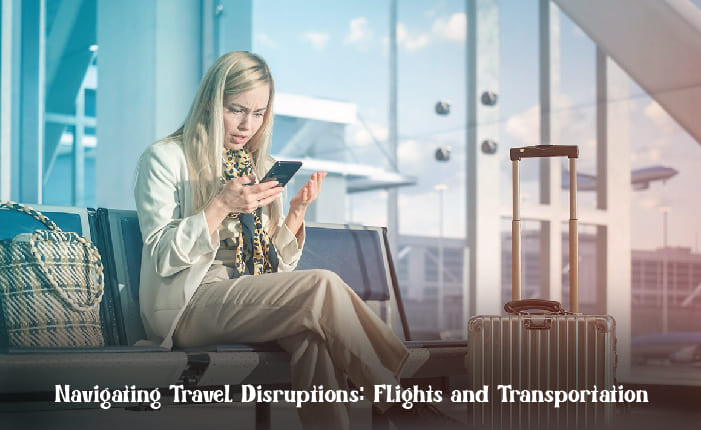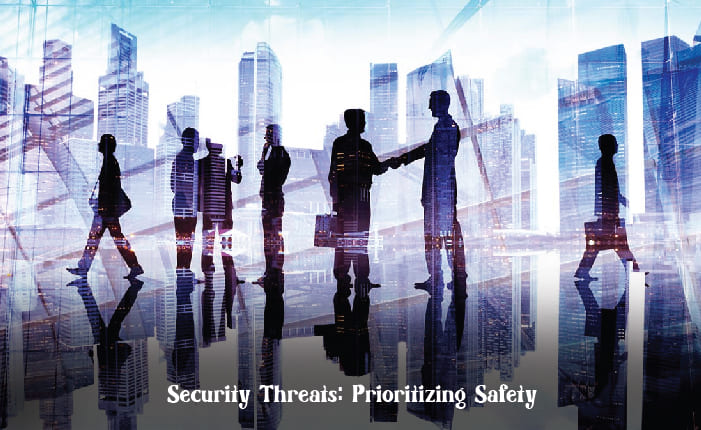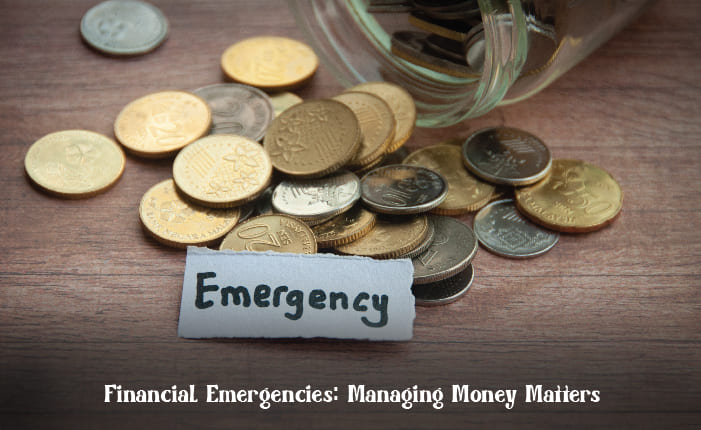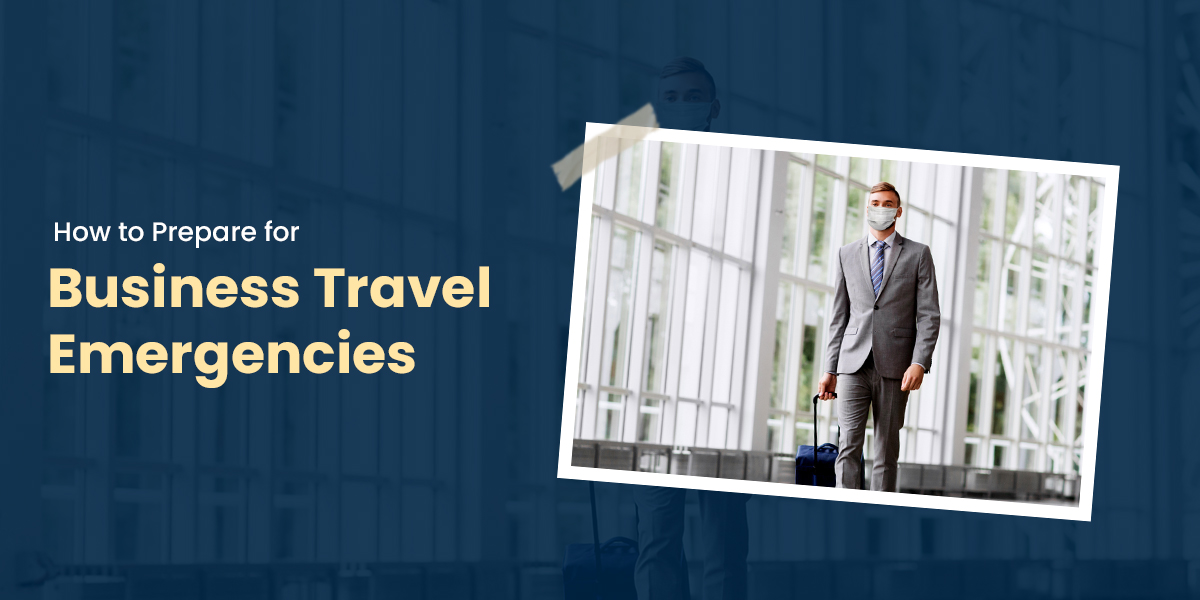However, it could also be accompanied by a fair number of emergencies and risks. The unexpected hiccups that occur are just as prevalent as free peanuts.
A natural catastrophe can throw your plan into turmoil or create political tensions within your city of choice. A calm mind and a well-stocked mental toolkit can make the difference between a catastrophe and a small issue.
This blog serves as your emergency guide to crisis management when traveling for business. You'll be equipped with the skills and knowledge to be secure, well-informed, and even effective when you face an unexpected travel issue. Put on your seat, business warriors! We're about to take you on a pleasant journey across the bumpy terrain of emergency preparation.
Planning Ahead: The Foundation of Crisis Management
The ability to prepare is essential for dealing with any scenario. Before you start your journey, ensure that you've got the right plan of action. This includes:
Sharing your itinerary in detail with a trusted friend or family member. Include details about flights as well as hotel reservations and the schedule of your meeting.
Keep an emergency contact list, such as the local authorities, your nation's Embassy, or a friend or family member who could be reached immediately.
Have an essential first-aid kit and make sure you carry sufficient supplies of prescribed medications. Find the nearest medical facility or hospital in your area.
Buy comprehensive travel insurance coverage to protect yourself from medical emergencies and cancellations for trips and baggage that is lost.
Health Emergencies: Staying Calm and Acting Fast
The health issues that can arise are particularly difficult when you travel for work. Here are some tips to help you manage these issues effectively:
Keep an eye out for signs that may cause you to get sick during your travels. If you get sick, make certain to have it checked ahead of time to prevent it from getting worse.
If you're feeling ill, consult a physician. Your travel insurance company can point you to good clinics.
Drink lots of water and get enough sleep, especially on business trips that can zap your energy. Feeling good keeps you healthy and lets you enjoy your travels more!
Navigating Travel Disruptions: Flights and Transportation
The disruption of travel, such as delays to flights, luggage loss, and loss strikes at transportation, can put an unexpected wrench into your plans. Being adaptable and flexible helps you manage the stress of travel without causing too much stress. Here are some tips to handle this:
Download applications for travel to stay informed about flight updates, traffic conditions, and public transportation schedules.
Always be prepared with a backup plan. Be aware of alternative routes and transport alternatives if your main plan fails.
Traveling around with a small amount of baggage can make it simpler to handle unexpected modifications and decrease the chance of losing luggage.
Security Threats: Prioritizing Safety
Security threats can range from small thefts to serious events like extreme weather or political instability. This is how you can stay secure:
Always remain alert to your surroundings, particularly in unexplored areas. Beware of places that are isolated and keep a watchful eye on your belongings.
Protect your possessions by using hotel safes to store important documents and other valuables. Take a smaller amount of cash and utilize credit cards when you can.
Follow local news, keep current with local news, and be aware of any possible security risks. This helps you avoid risky areas and keep yourself safe.
Technology Troubles: Staying Connected
In the digital world of today, keeping connected is vital for business travelers. Keeping your data secure and connected ensures that you are in the loop as well as staying connected with your colleagues. Here are a few tips to deal with tech-related issues:
Always carry an additional backup device, for example, an additional phone or tablet, if your primary device is damaged.
Make sure you have the power source of a portable device to charge devices, particularly for long travel times.
Utilize VPNs along with other security tools to safeguard your information when connecting to wireless networks. Be sure that your devices are password-protected and secured.
Communication Breakdowns: Staying in Touch
Communication is crucial, particularly in times of emergency. Communication skills can make an enormous difference in the resolution of problems quickly and efficiently. Here's how you communicate efficiently:
Think about buying a local SIM card to reduce roaming costs and guarantee a reliable connection.
Install emergency applications that provide real-time updates and allow you to contact emergency services locally immediately.
Study some basic words in the local language or utilize translator apps to effectively communicate.
Financial Emergencies: Managing Money Matters
The financial stress of getting your wallet stolen or your credit card denied is stressful. A financial plan can protect you from anxiety during such times. Here are some tips:
You can carry several forms of payment, which include credit cards or debit cards as well as some cash.
Save some emergency cash in your suitcase or the safe in your hotel room.
Emotional Well-being: Keeping Your Mind Healthy
The importance of taking care of your mental well-being is as crucial as tackling emergencies that are logistical or physical. The stress of business travel is often overwhelming and emergencies may add to the anxiety. This is how you can maintain your mental health:
Check on your friends and family to ensure a sense of peace and security.
Give yourself time to unwind and relax. Take a trip around the area, or take part in a pastime.
If you're overwhelmed, don't be afraid to seek assistance from your coworker or an expert.
Wrapping Up...
By preparing yourself and keeping an open mind, it is possible to turn the most stressful travel experience into an opportunity to learn (and perhaps even an interesting story for your office). The most important aspect of a successful approach to managing crises is being prepared by staying up-to-date and maintaining a constant and positive mental attitude.
If you adhere to the rules from the earlier paragraphs, you'll be ready to deal with any storm, be it physical or metaphorical. Since, after all, that's the essence of business travel—being able to adapt and be resourceful? Pack your bags, take on the unimaginable, and make a mark on the world, one problem at a time (hopefully there's none!).
